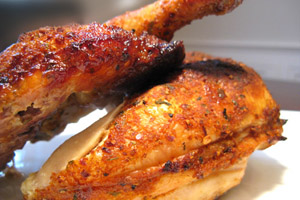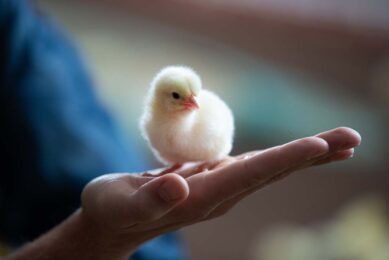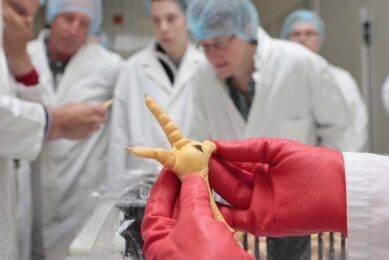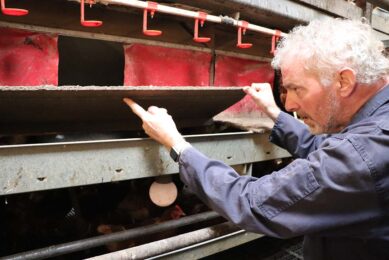Study links poultry to European E Coli deaths

An estimated 1,519 across Europe and 282 people in the UK die every year from an antibiotic-resistant form of E coli acquired from eating poultry meat, a recent report has concluded.
The research conducted in the Netherlands, the only European country to have published such an enquiry, found 56% of ESBL-resistant genes in a human E coli strain were identical to genes found in E coli present in retail chicken. These findings were extrapolated in a separate study to provide estimates for the rest of Europe and individual European countries. Although, in reality, the number of matching genes in the bug will vary by region.
ESBL-resistant E coli is a bug that has built up resistance to third-generation cephalosporins, an antibiotic used both in agriculture and human medicine. They are classified as “critically important” by the World Health Organisation.
Referring to the UK numbers, the British Poultry Council said the Dutch data couldn’t be compared, as the use of cephalosporins in the UK’s poultry industry had been subject to a voluntary ban since 1 January 2012.
A spokesperson for the BPC and RUMA added British chicken was reared to standards that “include rigorous controls of the use of medicine under veterinary supervision”, and pointed to its antibiotic stewardship programme, which aims to properly quantify and better understand antibiotics use in poultry.
Soil Association Policy Adviser, Richard Young, said; “This is the first detailed estimate to emerge of the human-health consequences from the use of antibiotics in European agriculture. It indicates that large numbers of people die of resistant infections due to the over-reliance on antibiotics in intensive livestock farming. It also shows that there are major additional costs to the NHS from treating patients even when they survive the infections.
“This study relates to just one type of antibiotic and one bug in one type of animal – broiler chickens. However, the same type of antibiotics are also used in pig production and dairy farming, and the farm use of several other antibiotics also needs to be addressed because it gives rise to similar concerns.”
Since 2012, British poultry producers have voluntarily stopped using all cephalosporins in poultry. The antibiotics were never licensed for use in poultry but were previously used ‘off-label’ for disease prevention in chicks. This practice was also widespread throughout Europe, despite technically being in breach of EU regulations, and in the Netherlands it led to ESBL E. coli being found on about 80% of retail chicken meat.
Source: Poultry World
Join 31,000+ subscribers
Subscribe to our newsletter to stay updated about all the need-to-know content in the poultry sector, three times a week. Beheer
Beheer








 WP Admin
WP Admin  Bewerk bericht
Bewerk bericht